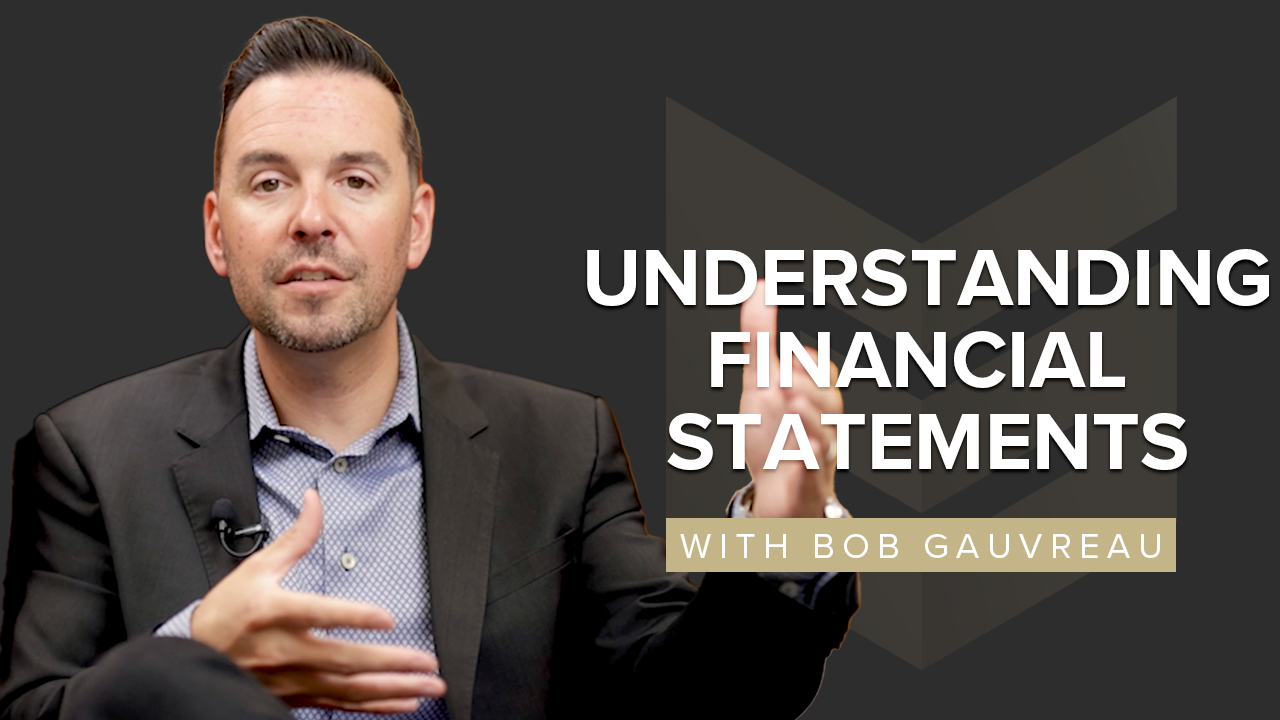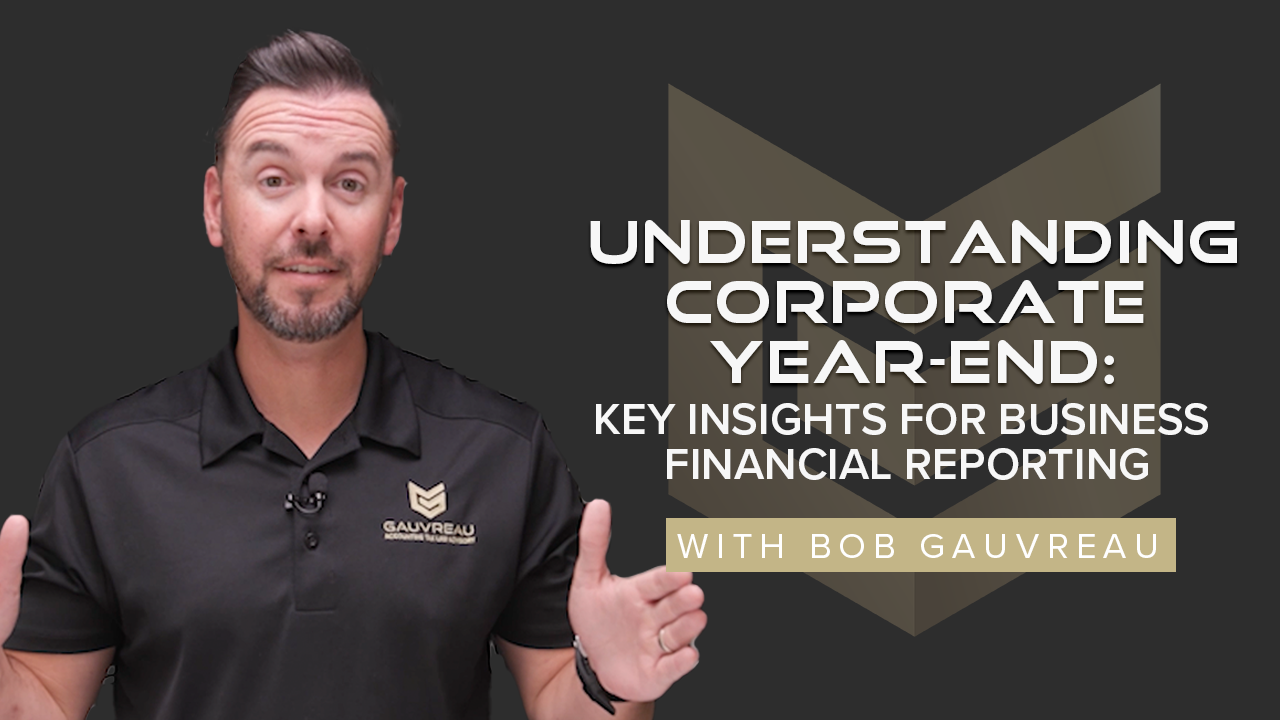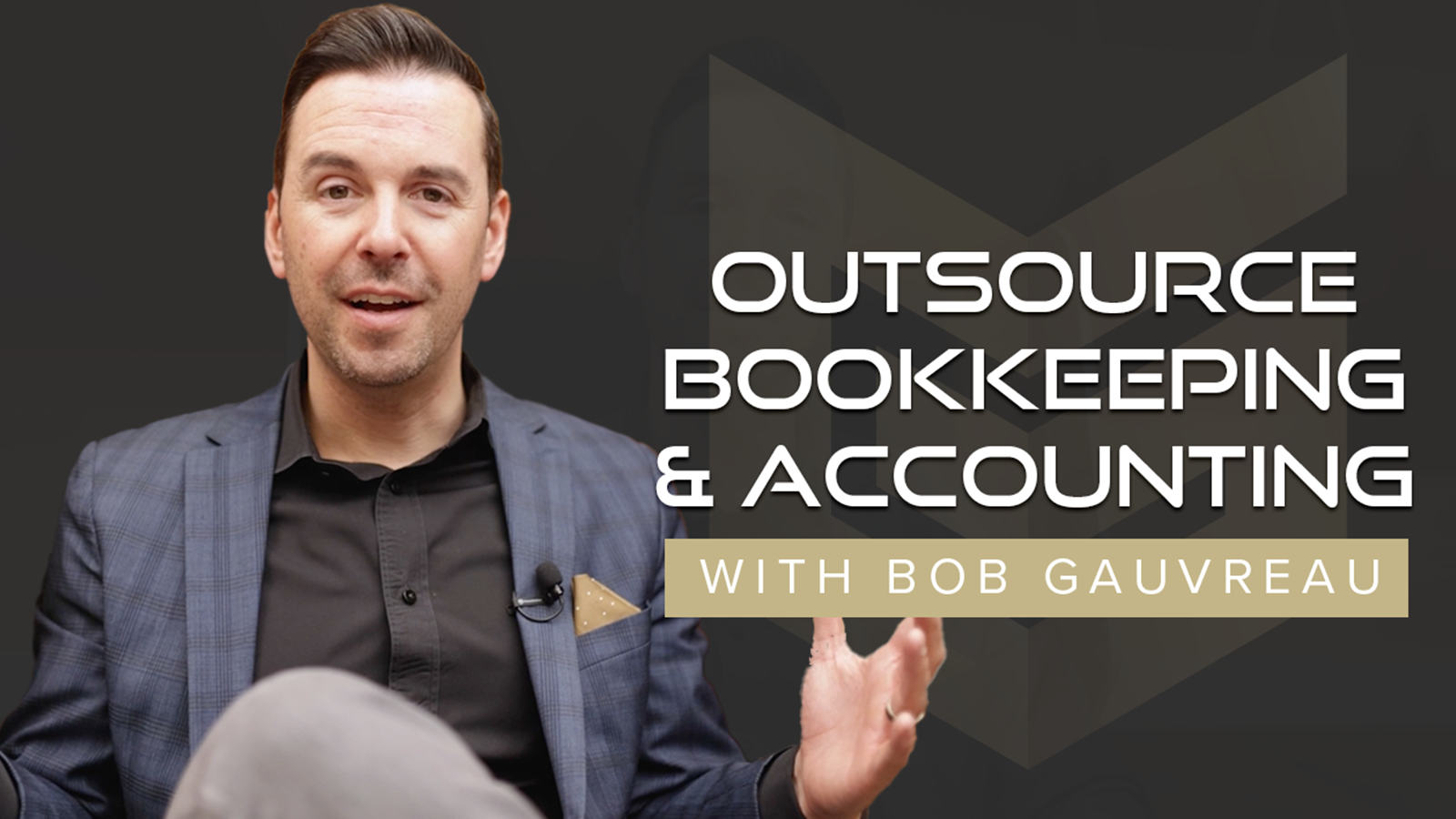1 min read
Understanding Financial Statements: Unlocking Business Insights
Let's discuss how to understand financial statements and what they represent. Financial statements are a compilation of different reports,...
1 min read
 Gauvreau Accounting Tax Law Advisory
Oct 29, 2024
Gauvreau Accounting Tax Law Advisory
Oct 29, 2024
Selecting the right corporate year-end date is a crucial financial decision for any incorporated business. This date will shape your tax planning, compliance deadlines, and financial workflow for years to come, so choosing wisely is essential. Fortunately, Canadian corporations have flexibility in this decision, allowing business owners to set a year-end date that aligns with both operational patterns and cash flow cycles.
The Timing Options for Your Corporate Year-End
From the date of incorporation, businesses have 53 weeks (371 days) to choose their corporate year-end. Many owners default to December 31st, which matches the calendar year, but there can be considerable advantages in extending that first fiscal period as long as possible. For example, if you incorporate on August 30th, opting for an August 31st year-end in the following year can maximize the time before reporting and tax obligations arise. This deferral pushes your tax liability further out and can reduce the financial strain that would result from an earlier year-end.
Making a Strategic Choice
Beyond simply delaying tax deadlines, there is a strategic element to choosing your corporate year-end that can have a significant impact on cash flow. For instance, it’s essential to choose a date that aligns with your business’s peak revenue cycle. For example, CPA firms typically avoid an April year-end to sidestep the high tax season. Instead, choosing May allows for a year-end after tax season, capitalizing on increased cash flow to cover any liabilities.
Likewise, real estate agents, who experience high activity in the summer, may benefit from a year-end in August or September. This timing allows them to capitalize on summer closings and commission payouts to manage tax liabilities and avoid a surprise tax bill at a less favorable time, such as March or April when income may be lower.
Why Choosing Wisely Matters
Once a year-end date is chosen, changing it is challenging, so taking the time to plan it carefully pays off in the long run. By aligning your year-end with your business’s revenue cycles, you can maintain cash flow, reduce stress, and ensure you’re better positioned for tax obligations each year.
Need assistance in choosing or planning your corporate year-end? Our expert team can help you select a date that aligns with your business cycle and optimizes your tax strategy. Contact us today to make the most strategic choice for your business’s financial future!

1 min read
Let's discuss how to understand financial statements and what they represent. Financial statements are a compilation of different reports,...

For every incorporated business, a corporate year-end marks the close of a fiscal period—a 12-month window where financial reporting is due....

Let's talk about why we should outsource accounting and bookkeeping. But before we get into that, let's talk about the difference between...